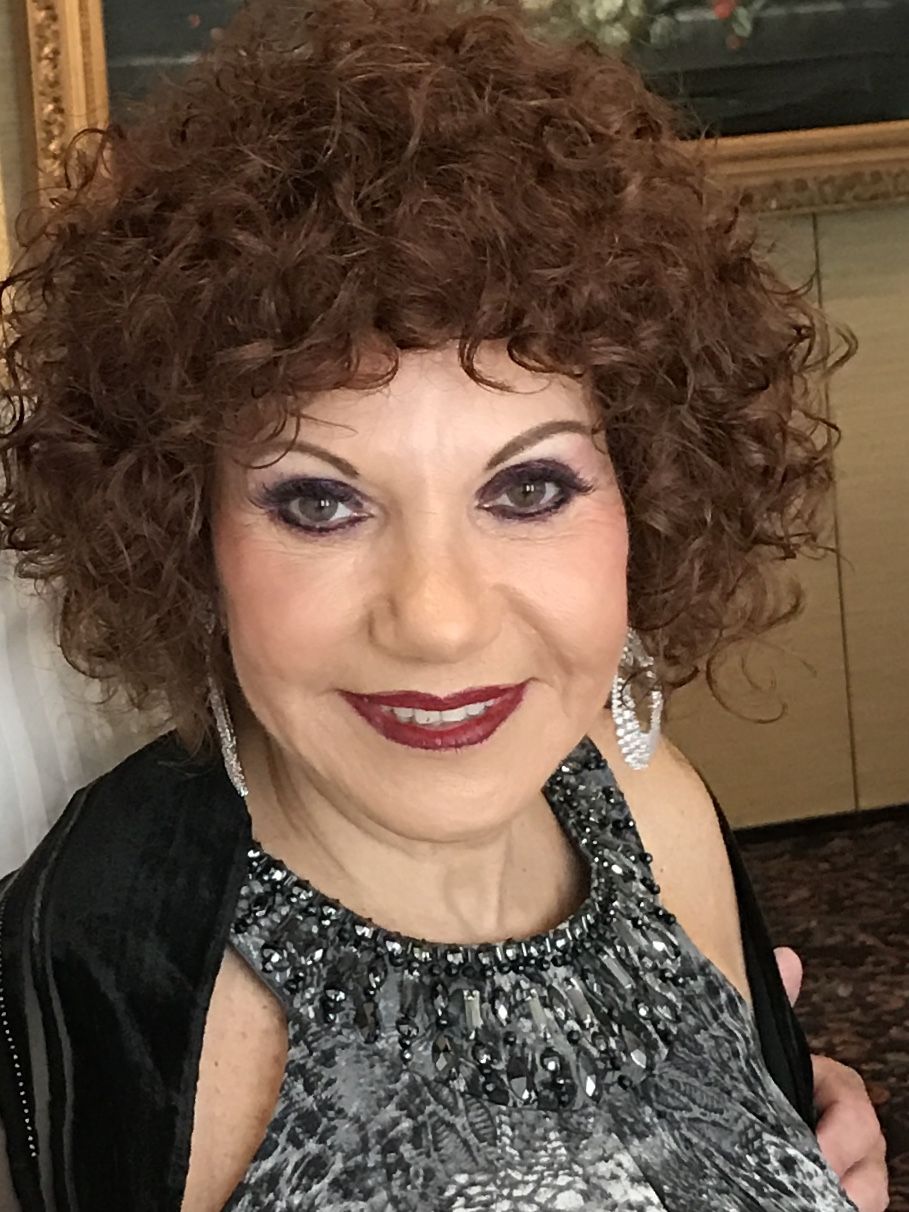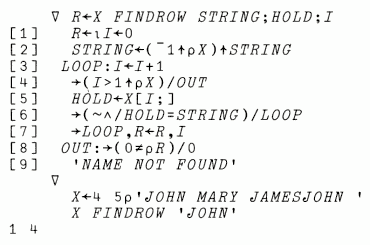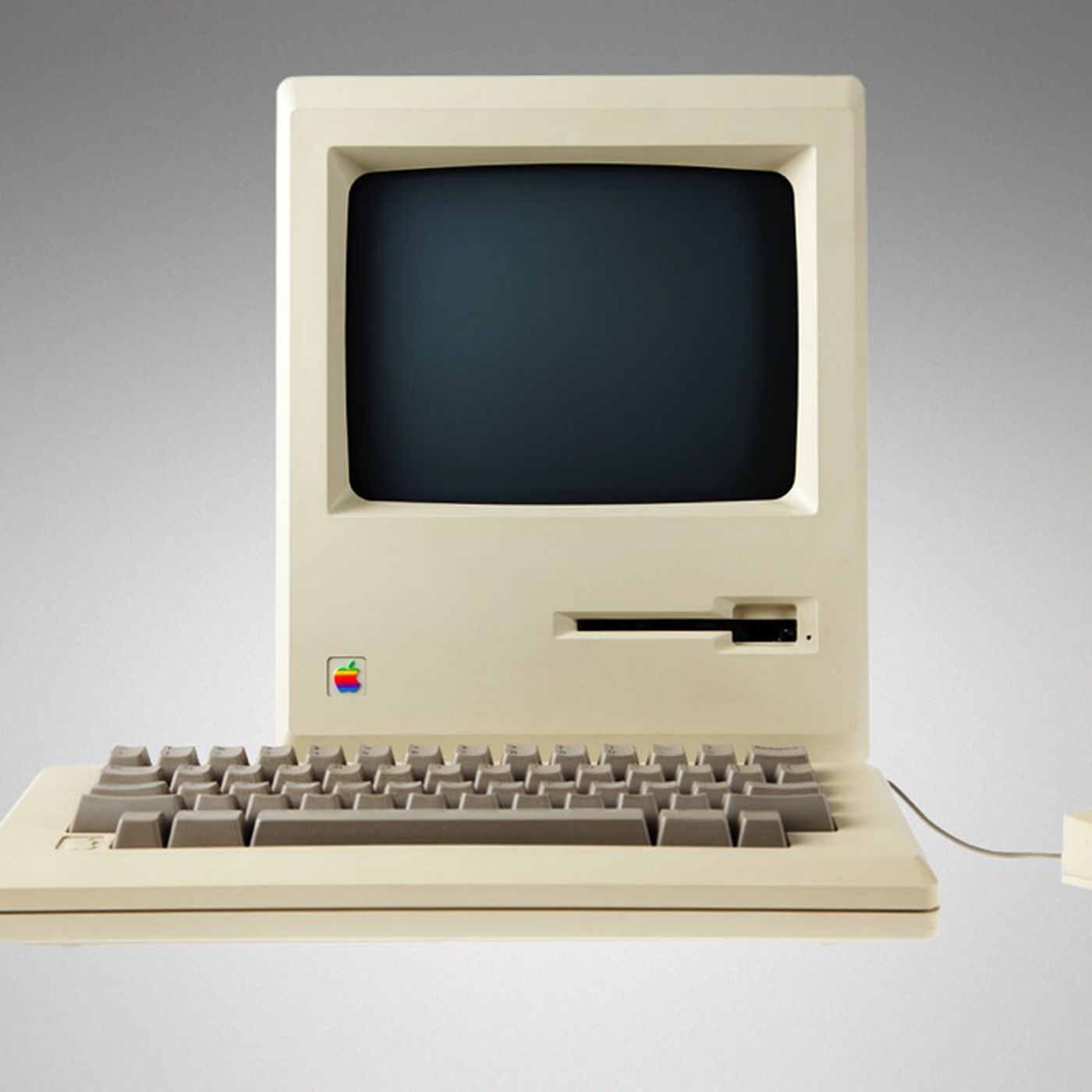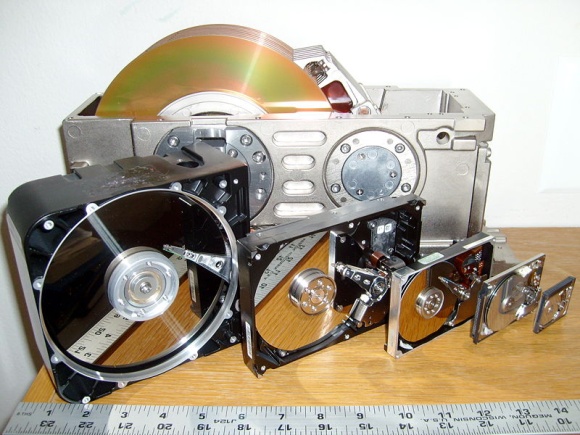March is Women's History Month, and ITS is celebrating some of our own staff who provide exceptional service to the WCM community.
Last October, Barbara Garrett, our SAP Basis manager (SAP is the system that runs the Weill Business Gateway), celebrated her 44th anniversary at WCM, making her the longest-serving college employee in ITS. We sat down with Barbara to learn more about her time here and how WCM and technology have changed since she started in 1975.

No, I was a New York high school math teacher, and I also worked in Livingston Manor (New York) for six months.
I had done two and a half years of teaching and I would have gone back, but there was a budget crisis in New York and they wouldn’t put teachers back on the payroll. While I was waiting to get back on the payroll, my husband was working in New York Hospital. He gave my resume to somebody in the computer area of the hospital, and they said they would give my resume to someone who was in charge of computers of the medical college.
You have to understand, there were two doctors who I interviewed with: Dr. Wilbur Hageman and Dr. John C. Weber. New York Hospital had a computer, but Cornell didn’t. But those two doctors had a connection to a computer at Marist College – it was the US Chess Federation’s – and they were running their software off of that.
Hageman was friendly with Ken Iverson, who was an IBM Fellow, and they had cooked up a grant to create tutorials for anatomy students in a language called APL (A Programming Language) that was like hieroglyphics. You could do 350 lines of code in one line.

Sample of APL.
There was one book called A Programming Language by Ken Iverson. They gave me the book when I went for the interview and said, “I want you to write a sentence generator. If you can write the program, we’ll give you a job.” So, three days later, I got a job at Cornell.
When I went to college, all you had was Fortran and COBOL. They didn’t even have a computer programming department when I went to Brooklyn College. My degrees are pure math and math education - I have a Master of Science in Mathematics - so when I got to Cornell, all they gave me was this book. They used to hire people with biology and math degrees because there was no one else.
I learned everything I know about programming here. I taught myself or took classes somewhere.
The doctors got involved in a lot of other things because of APL. Finance started asking them for stuff, so I actually worked on programs for Finance, and then HR and equipment inventory. Three years later, Finance said, “We should have our own computers; we need to have more control over this.” I ended up moving to Finance because they had a lot of content in APL and I was writing it. Eventually, Finance started working a lot with the new Office of Administrative Computing; they were almost one.
When people at the college started getting PCs, I was doing PCs, COBOL, APL… all at the same time. I taught WordPerfect, Lotus, and DOS, and used to hold classes in the Stacks because when people started getting desktops, they didn’t know how to use any of that.

We’ve come a long way from the first computers that popped up at the college.
And I was running around to everyone’s office putting their desktops together! There was a Vice Provost at the time named Paul MacLachlan. I walked in because they requested I put together his printer and desktop. I’m sitting on the floor, with pieces and the manuals, and he walks in and says to me, “Hi!”
I said, “Hello,” and I’ve got screwdrivers all around me.
He says, “You’re putting together my printer? Thank you!” He points to the manuals. “Do you actually read those things? You don’t just fidget with them?”
I said, “Yeah, how else am I going to do it? I actually go by the instructions!”
So, I’m screwing things together. Mind you, the nails were still the same [flashes her signature red nails]. There was no equipment where you could just plug and pull. You had to have a screwdriver, and a wrench, and a this, and a that… and we were wearing business suits and skirts and stockings and high heels.
It’s expanded hugely. There were basically a couple of buildings [back then] – Lasdon House, Payson House… where Helmsley is was the nursing school. There have been so many buildings added to the main campus, and so many off-shoot buildings.
Technology-wise, when we first started, we had disk drives there were huge, like six feet high. When I went into the computer room, you couldn’t see me! And they had things like head crashes: the disk drive would break, but you could hear the metal searing off the disk drive, and you knew you were finished!

Three decades of disk drives, gradually shrinking to a more manageable size.
Everything was paper back then. With the mainframe, we had card punchers and key punch operators. We used to keep every single paper for requests for years! They were used for auditing.

How we used to store data
I went from doing all this craziness in COBOL, and then the college decided to move our mainframe from Ithaca to in-house. When they did that, they made me the systems programmer. I had promotions throughout the years, but that was a really big thing; that machine was my baby. I did systems programming for twenty years, along with security. We used a system called CA Top-Secret Security, and I would get faxes of people’s IDs to determine what access they needed to our systems.
Even though things are digital now, I used to write everything down – still do. When I was doing my systems programming, I documented anything new that came up because we didn’t have document management systems. I had 12 three-inch binders called “The Barbara Books.” People would say, “Can you check the Barbara Books?” any time they needed to know something. They went from Year One until the end.
They trashed ‘em!
Well, once we moved from using the mainframe, we didn’t need it anymore.
Around 2006 is when [the college] decided to go with SAP, so that’s when I moved over. At first, they weren’t sure whether they wanted me to do security or Basis, but they ended up giving me Basis.
You know, when I look at these young guys and young girls, and all the things they’re doing now, I didn’t do that – look how much these guys know!
Yeah, whatever they threw at me. I think when these young people look at me, they don’t know who the hell I am, but I’m the only one who’s been here since way back when!
But I’ve seen a lot. I even had my kids here. I gave birth to both of my kids at the Lying-In Hospital. When I gave birth to my son, I was in the hospital, and the head of Personnel at the time needed a report run. They brought me up a coupler and a machine, and I ran those reports. The nurses were screaming, “Are you crazy? What are you doing?!” To this day, when people hear that, they say, “Typical…”
I worked remote even then – 40 years ago! [laughs]
There have been so many changes. All the construction – 1300 York has been renovated so many times. The library has changed so many times! Some of the people here were basically kids when they started! It’s been a lot… I’ve seen a lot of people come and go, but I’m still here, digging the trenches.
I don’t know everything!
If I didn’t know what the answer was, I would make it my business to try to find someone who did because I always say, "How can I help?" I think any time something new came up, they’d say, “Give it to her.” I did it, and after a while, it got to be so major in proportion, they wound up making a whole department!
Yeah. Where did the time go? It's hard to think of all the time that's passed, but I loved every minute of it.